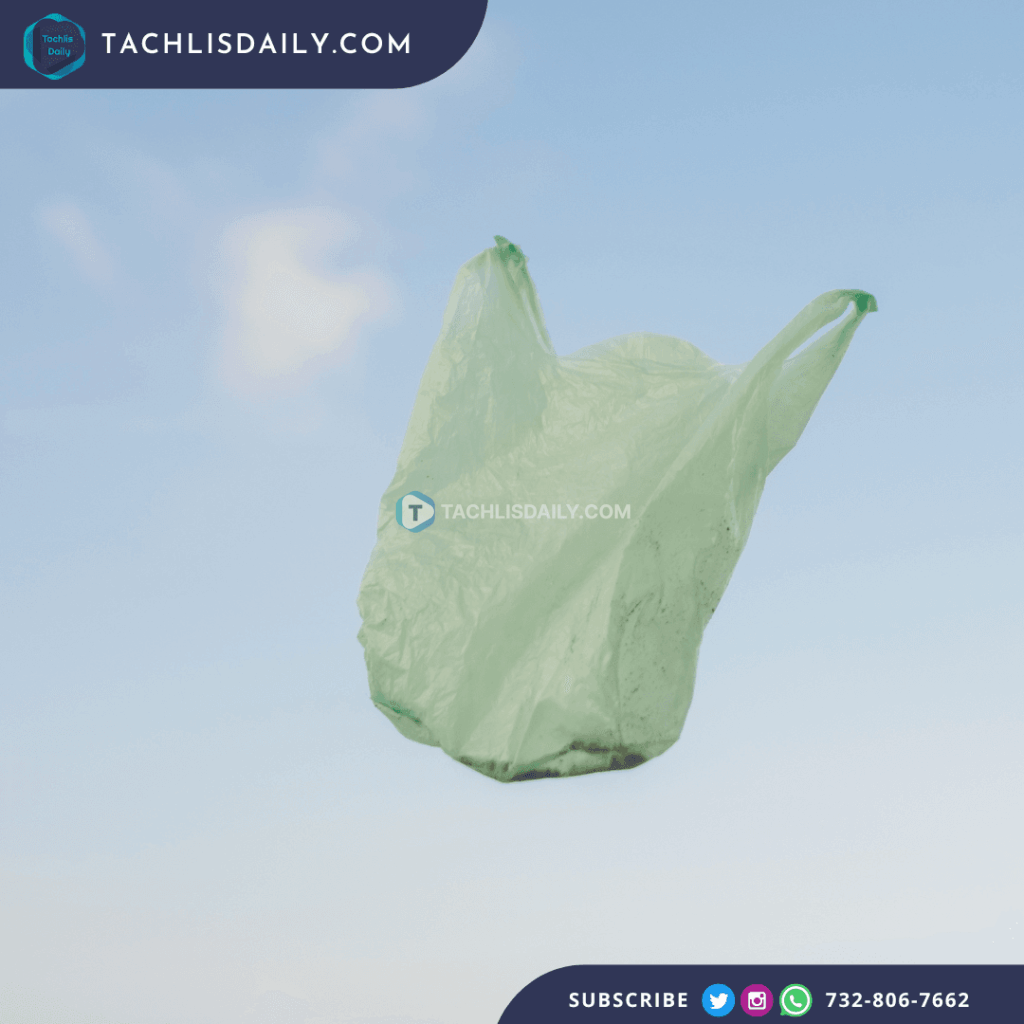New research reveals that policies targeting plastic shopping bags through bans or mandatory fees are significantly reducing the volume of plastic litter polluting U.S. shorelines, offering a hopeful sign in the fight against environmental degradation.
The study analyzed over 45,000 shoreline cleanups across the United States and reviewed 180 local policies, ranging from full bans to fees and partial restrictions on plastic shopping bags. The results showed a 25% to 47% decrease in plastic bag litter in areas with such policies in place. These findings suggest that even modest policy interventions can lead to meaningful reductions in plastic pollution.
Plastic bags, often lightweight and single-use, are notorious for escaping waste systems and infiltrating ecosystems. Their impact is particularly severe in marine environments. Marine animals, such as sea turtles and mammals, can ingest or become entangled in these bags, often leading to injury or death. The presence of plastic bags also affects the appeal of natural landscapes, dampening tourism and outdoor experiences.
Researchers believe that fees may have an edge over outright bans in some instances, potentially because fee-generated revenue is often reinvested into environmental cleanup initiatives. For example, Washington, D.C. uses funds from plastic bag fees to clean up river shorelines. However, more data is needed to confirm whether this is a consistent trend across all regions.
While these local measures are yielding progress, experts caution that the broader issue of plastic pollution is far from solved. The overall percentage of plastic in the environment continues to grow, albeit at a slower pace in areas with active policies. Experts argue that national-level regulation, targeting both the production and consumption of plastic bags, may be necessary to drive more impactful change.












